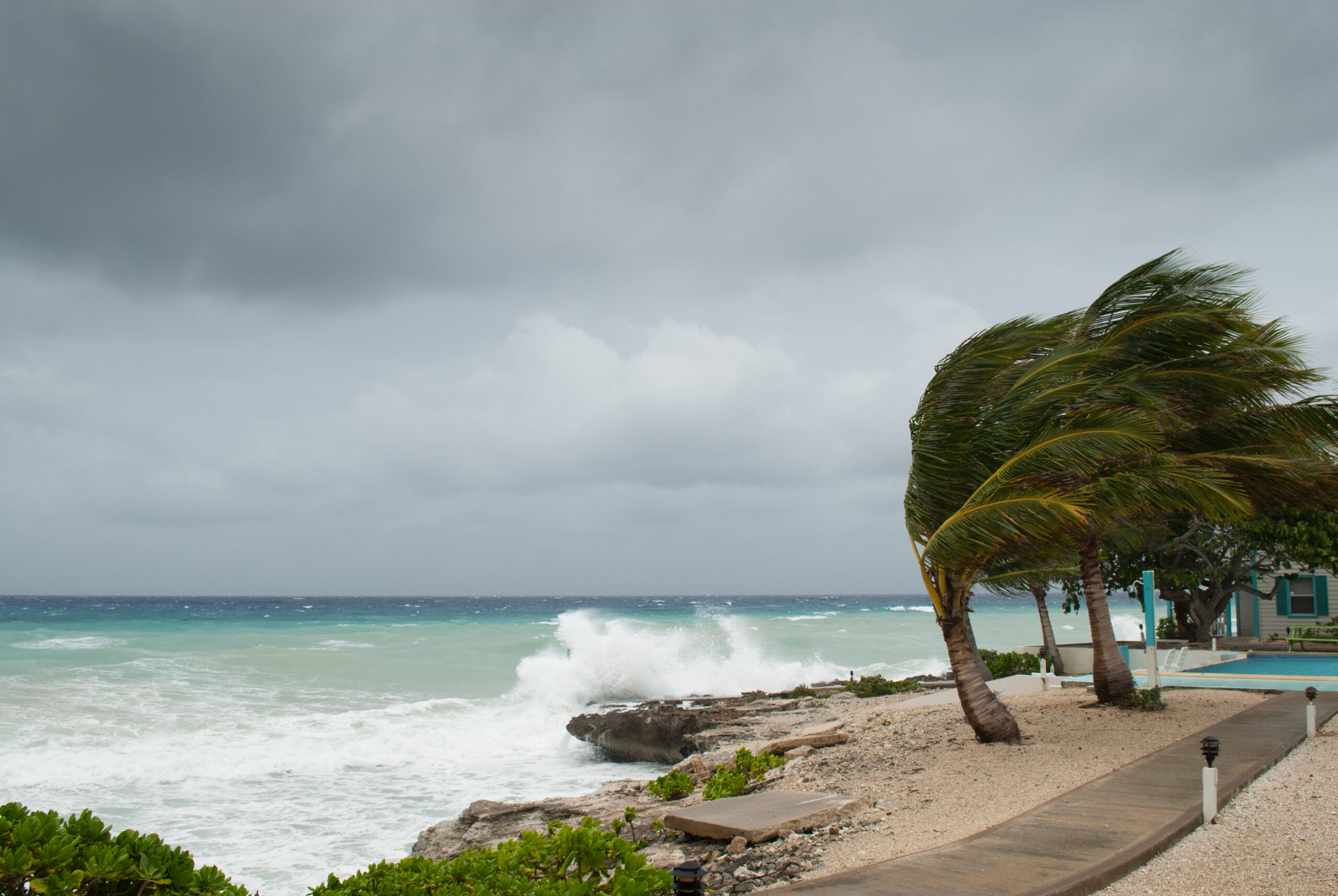Every tourist must decide whether to leave their current location or not when the skies get gloomy and the winds begin to howl at this time of year. For those with wanderlust, the hurricane season, which normally lasts from June to November, may be challenging to traverse. Although off-season discounts and fewer visitors are alluring, Mother Nature and her unpredictable inclinations are also there. Here are some essential tips to help you have the most easy and secure trip possible if you’re thinking about traveling during these months.
Understanding the Basics
It’s vital to comprehend what hurricane season comprises before starting any travel. These tropical cyclones may produce tornadoes, strong winds, storm surges, and heavy rainfall when they originate over warm ocean waters. Travel during this time is made more uncertain by the difficulty of predicting their routes.
Pick Your Location Wisely
During hurricane season, not every location is equally affected. Despite the fact that the Caribbean, Gulf of Mexico, and Atlantic Coast are the most often affected locations, some islands and coastal areas can be at a lesser risk than others. You may get a sense of which locations would be safer bets by looking at historical storm trajectories and regional conditions.
Travel Insurance Is A Must
Complete travel insurance is one of the most practical precautions you can have at this time of year. The ability to cancel, delay, and evacuate in an emergency due to a storm is a lifeline. Always read the small print to understand the requirements for making a claim.
Stay Informed and Connected
Tracking weather trends is now simpler than ever thanks to technology. Install trustworthy weather-tracking applications, and choose notifications that will notify you of any noteworthy changes. Additionally, make sure your loved ones are informed of your travel plans and keep in touch with them.
Flexible Itineraries Are Key
Fixed plans can become a source of frustration if a hurricane decides to pay a visit. Maintaining a flexible schedule will allow you to change your plans according to the weather. When it’s feasible, think about arranging refundable lodging and transportation.
Planning Before Panic
Typically, hurricanes provide at least a few days’ notice. If you find yourself in a destination with an incoming storm, don’t panic. Hotels and local government agencies in hurricane-prone locations are often well-prepared. Make sure you have an emergency kit, are aware of the evacuation routes, and pay attention to local advice at all times.
Be Open To The Unexpected
When traveling during storm season, expect rained-out days and rearranged schedules. However, it may also refer to finding a city’s lesser-known attractions, spending an unplanned day reading in a neighborhood café, or making use of hotel facilities you might have otherwise missed. Unplanned excursions might sometimes turn out to be the most memorable ones.
The Little Wonders Of Nature
Even in the midst of their wrath, hurricanes may occasionally provide moments of awe, such as the respite after a storm or the ideal rainbow. Respect the strength, but also stop to be amazed.
Talk To The Locals
The people who have danced with hurricanes year after year are the ones who know them best. Local knowledge may be priceless, from the tastiest comfort food to the safest hangouts.
The Unsung Advantages
Fewer tourists might lead to a more authentic experience. Enjoy the discounts and the tranquility, but keep safety on speed dial at all times.
Simply put? Traveling during storm season is unquestionably an experience that calls for a mix of planning, adaptability, and a dash of adventurous spirit. You may face difficulties and uncertainties by equipping yourself with information, making sure you have insurance, and maintaining an open mind. Travel safely!

